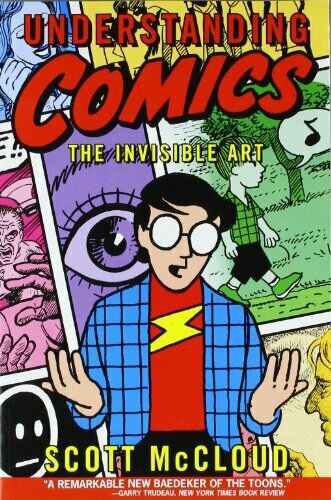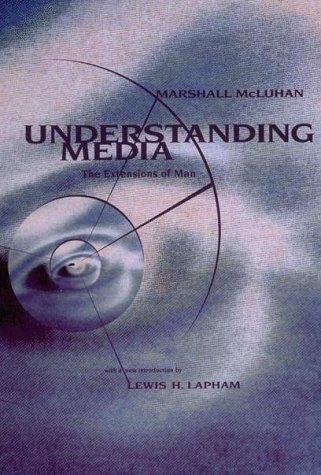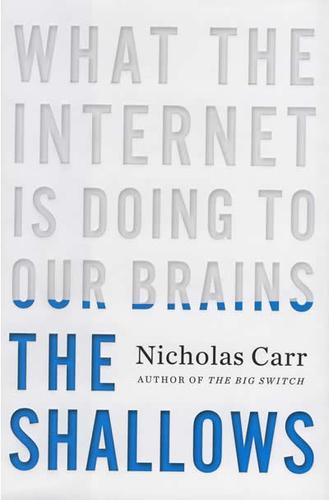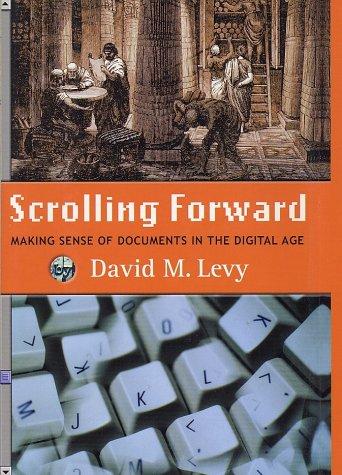Media Studies
Subscribe to this topic via: RSS
The study of how different forms of communication afford different communication styles and thereby alter how people perceive and think about reality.
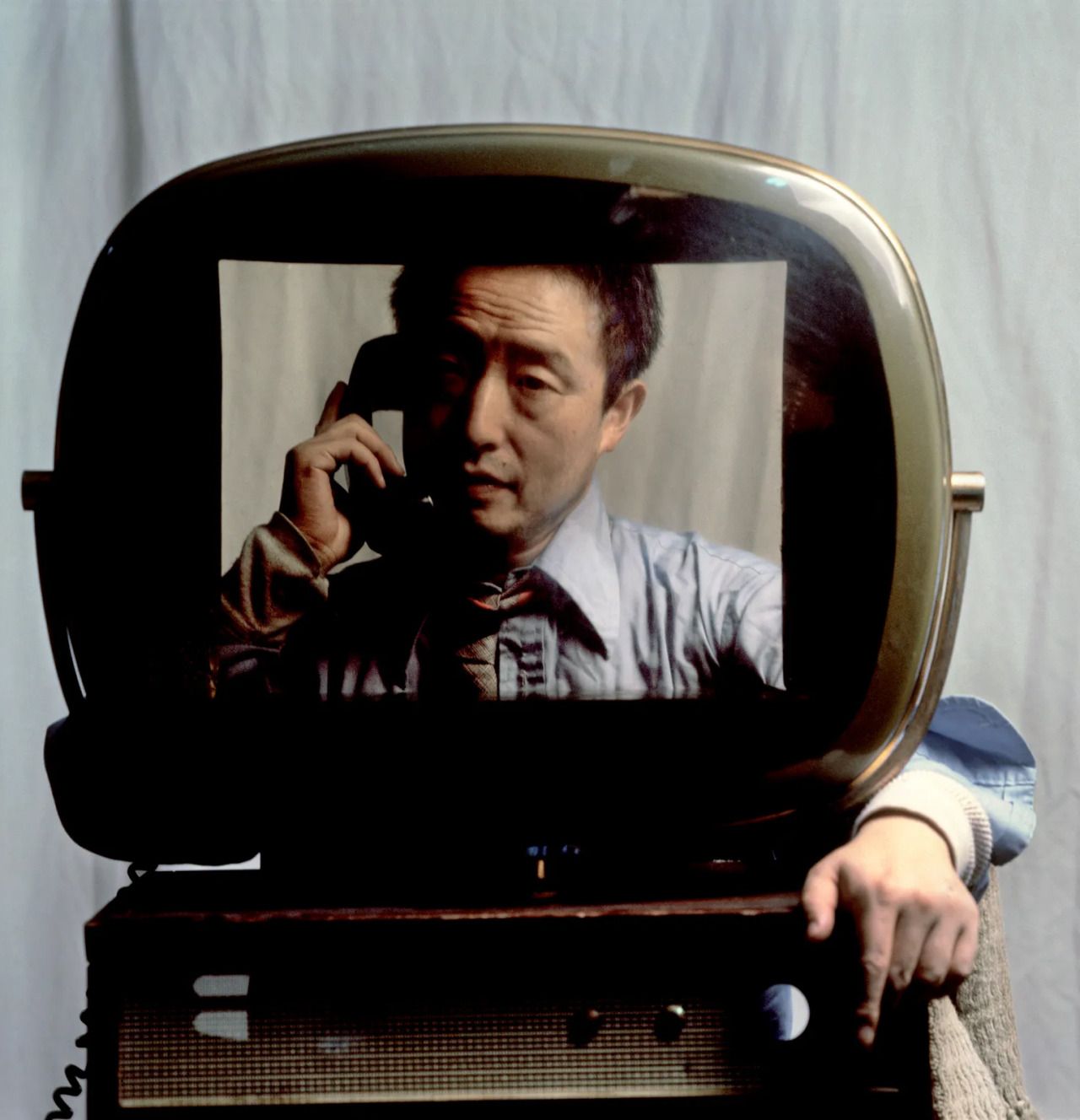
Nam June Paik, the "father of video art," poses for a self-portrait inside a TV: in his right hand, he holds a telephone receiver and his left hand reaches around the screen to turn the television's dial. In 1974, nine years before the invention of the internet, he coined the term "electronic superhighway" to describe the frenetic media future he foresaw.
Table of Contents
Books (6)
Featured:
-
⭐ Recommended216 pages
-
318 pages
-
229 pages
-
211 pages[recommended but under copyright]
See also:
Readings (26)
Featured:
-
Relative to controls, participants restricting digital media reported a variety of benefits, including higher life satisfaction, mindfulness, autonomy, competence, and self-esteem, and reduced loneliness and stress.
-
It is often said that the increasing availability and applicability of remote sensing technologies has contributed to the rise of what can be called ‘satellite-based activism’ empowering non-state groups to challenge state practices of seeing and showing. In this article we argue that NGO activism is not challenging the sovereign gaze of the state but, on the contrary, actually reinforcing it.
-
⭐ Recommended
We report evidence that posts about political opponents are substantially more likely to be shared on social media and that this out-group effect is much stronger than other established predictors of social media sharing, such as emotional language.
-
During the Syrian crisis, the media formed part of what officials describe as constant pressure from many actors to respond, which they say led to policy failures. Syria’s conflict is a cautionary tale.
-
… analysis showed virtual reality meditation to be significantly more beneficial than video meditation.
-
⭐ Recommended
You will also need a writing implement and a blank sheet of paper, and you should find the darkest spot possible…
-
Over the past decade, social media platforms have penetrated deeply into the mechanics of everyday life, affecting people’s informal interactions, as well as institutional structures and professional routines. Far from being neutral platforms for everyone, social media have changed the conditions and rules of social interaction. In this article, we examine the intricate dynamic between social media platforms, mass media, users, and social institutions by calling attention to social media logic—the norms, strategies, mechanisms, and economies—underpinning its dynamics.
-
Perhaps the most important consequence of high-tech modernism for the contemporary moral political economy is how it weaves hierarchy and data-gathering into the warp and woof of everyday life, replacing visible feedback loops with invisible ones, and suggesting that highly mediated outcomes are in fact the unmediated expression of people’s own true wishes.
-
Word got around. The family’s library of physical films and books became a kind of currency. Neighbors offered bottled water or jars of peanut butter for access. The 1989 Tom Hanks comedy The ’Burbs was an inexplicably valuable commodity…
-
This use case that Apple is proposing is a near exact replication of a technology imagined in Kathryn Bigelow’s 1995 dystopian sci-fi film Strange Days.
5 pages -
The modern appetite for bingeing on box sets and multi-episode podcasts makes it clear that we are not losing the ability to concentrate, merely directing it towards different media. We concentrate when we want to.
2 pages
See also:
Audio/Video (22)
Featured:
-
⭐ Recommended
A lot more subtle stuff changed during that election too: stuff that’s been forgotten because now it’s everywhere.
42 min -
⭐ Recommended
 18 min
18 min -

-
Tell me how does it feel
23 min -
The first portable audio recorder was made in 1945 by a man named Tony Schwartz.
38 min -
An analysis of the poem made from items in the index of the book What to Expect When You’re Expecting.
19 min -
The hefty steel speaker we hooked
over the passenger seat window.5 min
See also:
